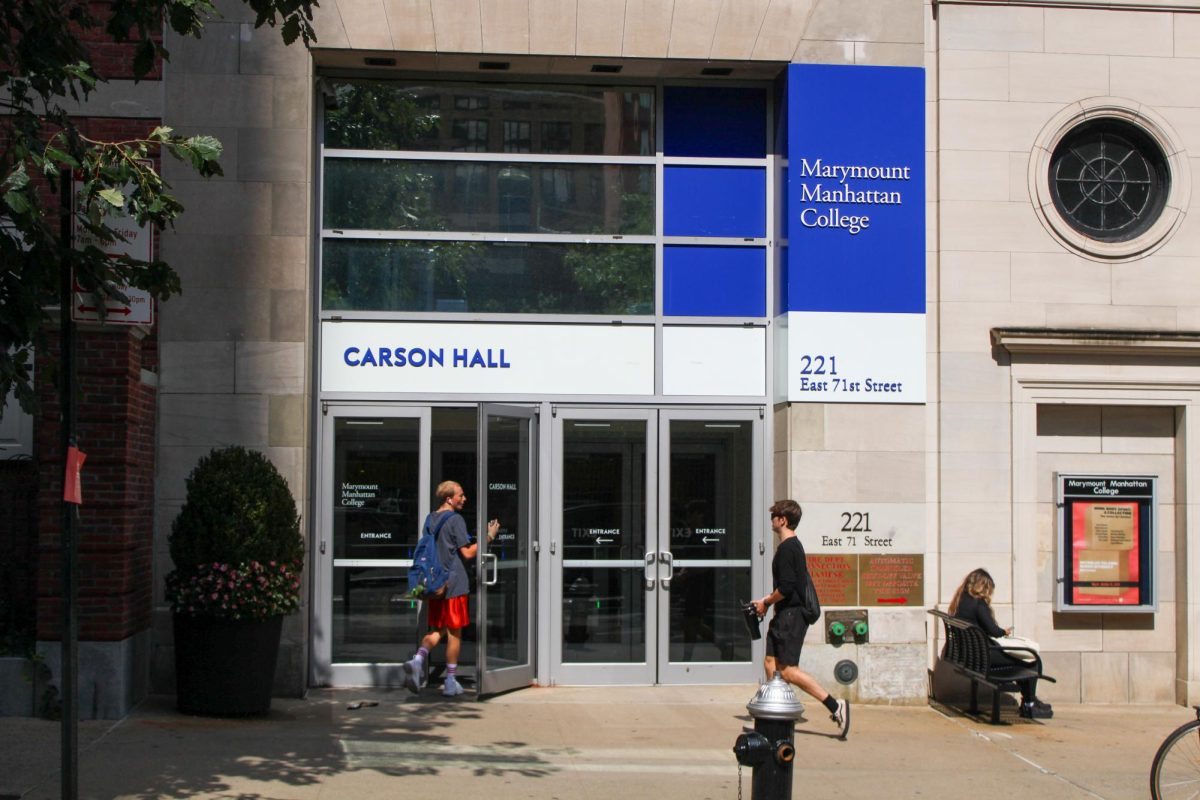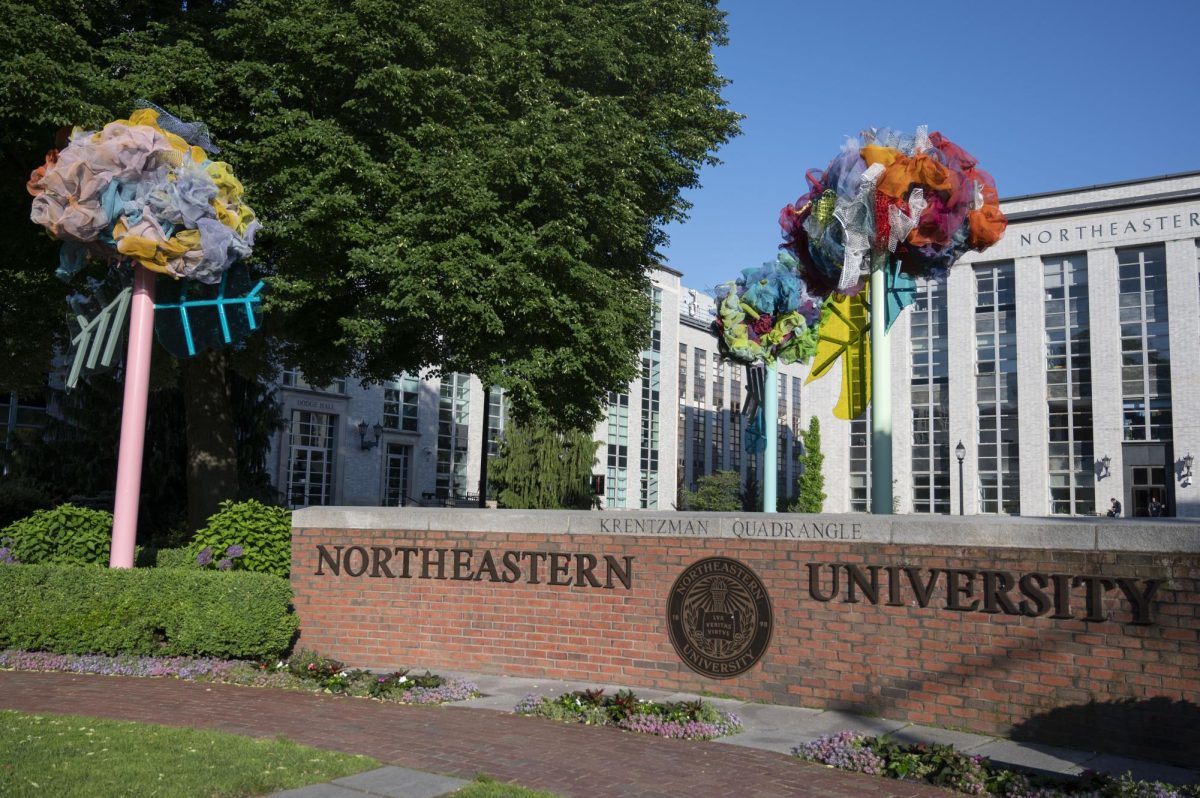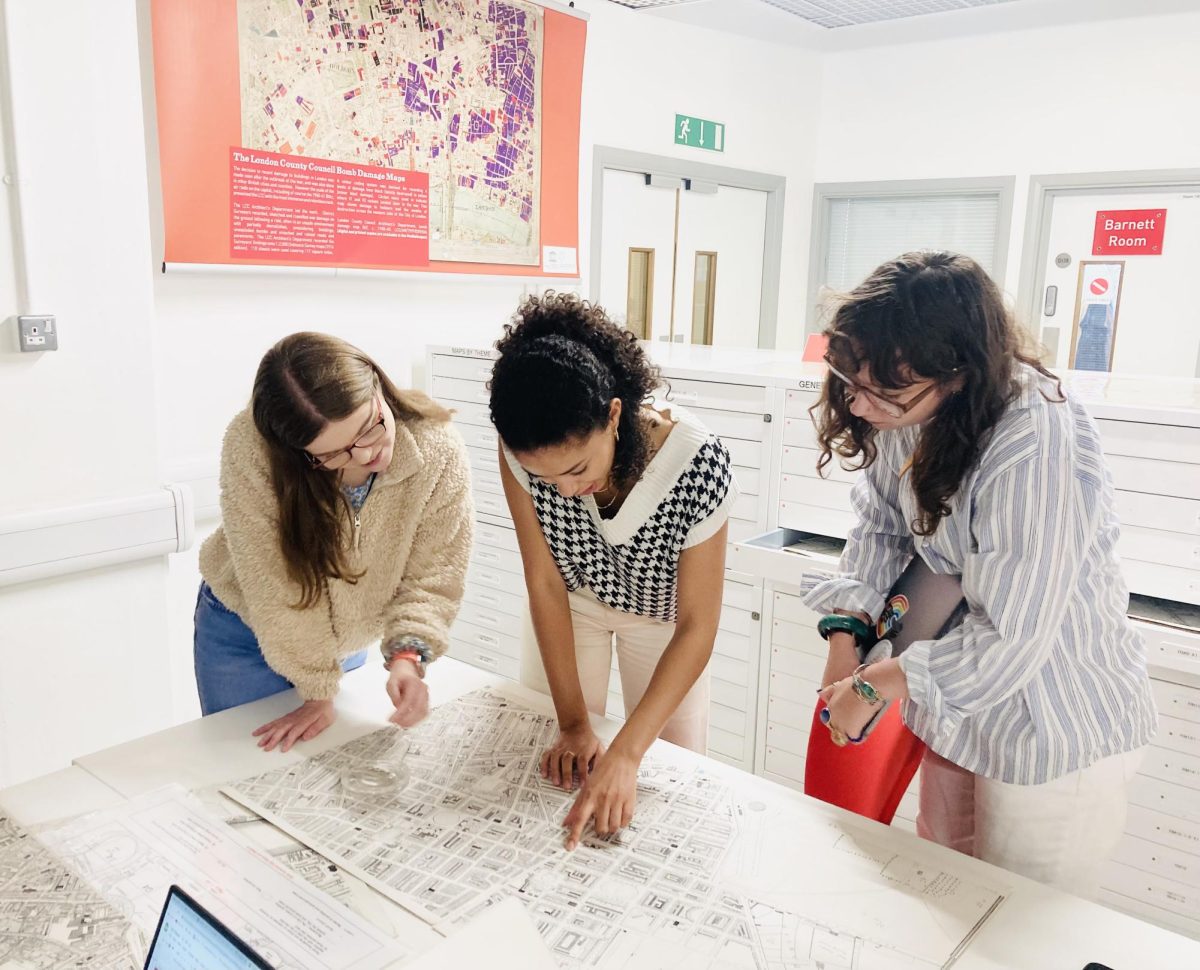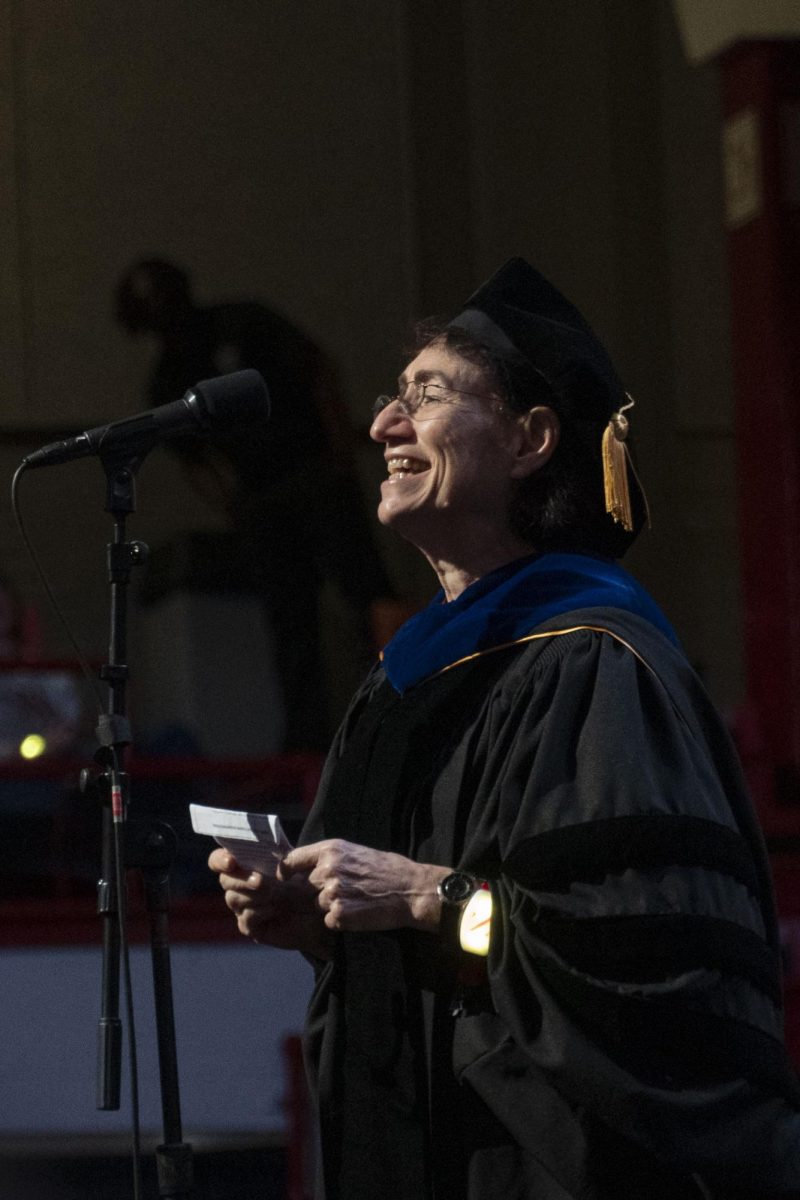By Anne Baker, News Staff
Ryan Fox
Student Government Association (SGA) President
Huntington News: ‘ What does your organization do?’
Ryan Fox: ‘ The student government serves to be the voice of the students to the entire university. To make sure that the students’ voices are heard and issues are addressed.
HN: ‘ What is the relationship like between the administration and the students?’
RF: ‘ I think a lot of it depends on the application. I think a lot of it can be a very good relationship, and I think the students have had a good relationship with a majority of the administration in the past. I think a lot of it is just approaching them and just being very straightforward. We need to say, ‘This is what students want’ and work together to come up with a solution.
HN: ‘ What is the single biggest issue that’s happening on campus?’
RF: ‘ I think it still comes to communication. A lot of people call it the NU shuffle. But what it really comes down to is that a lot of students don’t know where to go for help. And even offices don’t know where to send students for help and I think it’s all about communication and having resources be really available for students.’
HN: ‘ What is the most important thing you aim to accomplish this semester?’
RF: ‘ Communication and awareness. Letting students know who we are and how they can stay in communication with us and how we can stay in communication with them. So that they know who student government is and what we’re doing and why we’re doing it. Right now, way too many students don’t know what SGA is.
HN: ‘ What are the most important things freshmen should do to be involved?’
RF: ‘ The best way to know what’s happening at a university is to join a student group. It doesn’t really matter what kind of student group, it could be chess club, it could be SGA. Getting involved in a student group really makes you aware of a lot of those campus happenings.
‘
Sean Naegeli
Resident Student’ Association (RSA) President
Huntington News: ‘ What is the political climate like at Northeastern?
Sean Naegeli: ‘ I would say that it’s difficult for student groups to represent and really get word from every single student, so I think there’s a struggle for student groups to 100 percent get what the students want, but it’s obviously their job to. So I think the student groups do a very good job, but it’s hard for them to really get that representation.
HN: ‘ What does your organization do?
SN: ‘ RSA is a programming body for the residents on campus and it’s also an advocacy body for the residents on campus, and it lastly oversees the hall councils, which run individual programming in their halls.
HN: ‘ What is the most important thing you aim to accomplish this semester?
SN: ‘ One thing that I personally would like to do for RSA is make all the residents and all the student organizations aware of what RSA does and can do. I think a lot of people think RSA is just about the campus, not like how hall councils are part of RSA and that they can quickly address what students want to do. I just want to increase the presence and understanding of RSA’s doings.
HN: ‘ Where do you think freshmen fit in the larger university issues?
SN: ‘ I think freshmen should take every opportunity to voice their opinion. But I don’t think they should voice their opinion directly to the administration. I think they should seek out their appropriate student organization that can take their idea and run with it. I think student groups struggle to represent everybody and I think part of that is because students don’t come forward to voice their concerns.
HN: ‘ How involved are Northeastern students in what happens?
SN: ‘ I would say there are key students or key organizations that are very involved but as for [students at large], they are limited because this is a university and there’s a lot of stuff going on that maybe not everybody knows about.
‘
Kat Sprague
Council for University Programs (CUP) President
Huntington News: ‘ What does your organization do?
Kat Sprague: ‘ We put on a lot of major programs on campus, whether it is music, comedians, lectures; any kind of showcase. And we also collaborate with other student groups to put on programs together, so we do a lot of programming. We try to make sure all our programming reaches the student body.’
HN: ‘ What is the relationship like between the administration and the students?
KS: ‘ My relationship is great, but I think for other students that aren’t in the position that I’m in, it’s a little more skewed. I don’t think a lot of students understand how the Northeastern administration works, so I think it can kind of put a bad taste in student’s mouths if something happens.’
HN: ‘ How involved are students in the changes that are made at the university?
KS: ‘ I think some students are very involved in what happens. Students can make a huge change on campus and I think that’s a message that’s kind of lost on students. I think that’s something to really put out there ‘- that students can make a huge difference on campus and that the administration really does want to listen to what students have to say. I think there’s a misconception that the Northeastern administration just doesn’t want to listen to students, but I think they really do.
HN: ‘ How have Northeastern politics changed since you were a freshman?
KS: ‘ I think that, even though in the last year we’ve seen a lot of change, I’ve seen a lot of student groups really try to work together. Maybe it’s been that way since I was a freshman, but I’ve really noticed that in the past year or two a lot more people are trying to cooperate to try to put on programs instead of trying to compete with each other, which I think has been a huge huge help to programming at Northeastern.’
‘
‘
‘
‘








